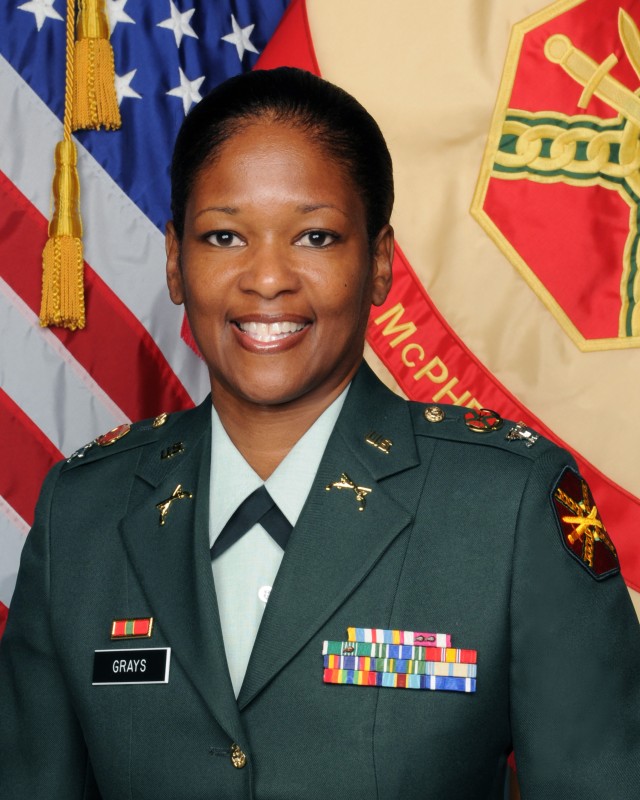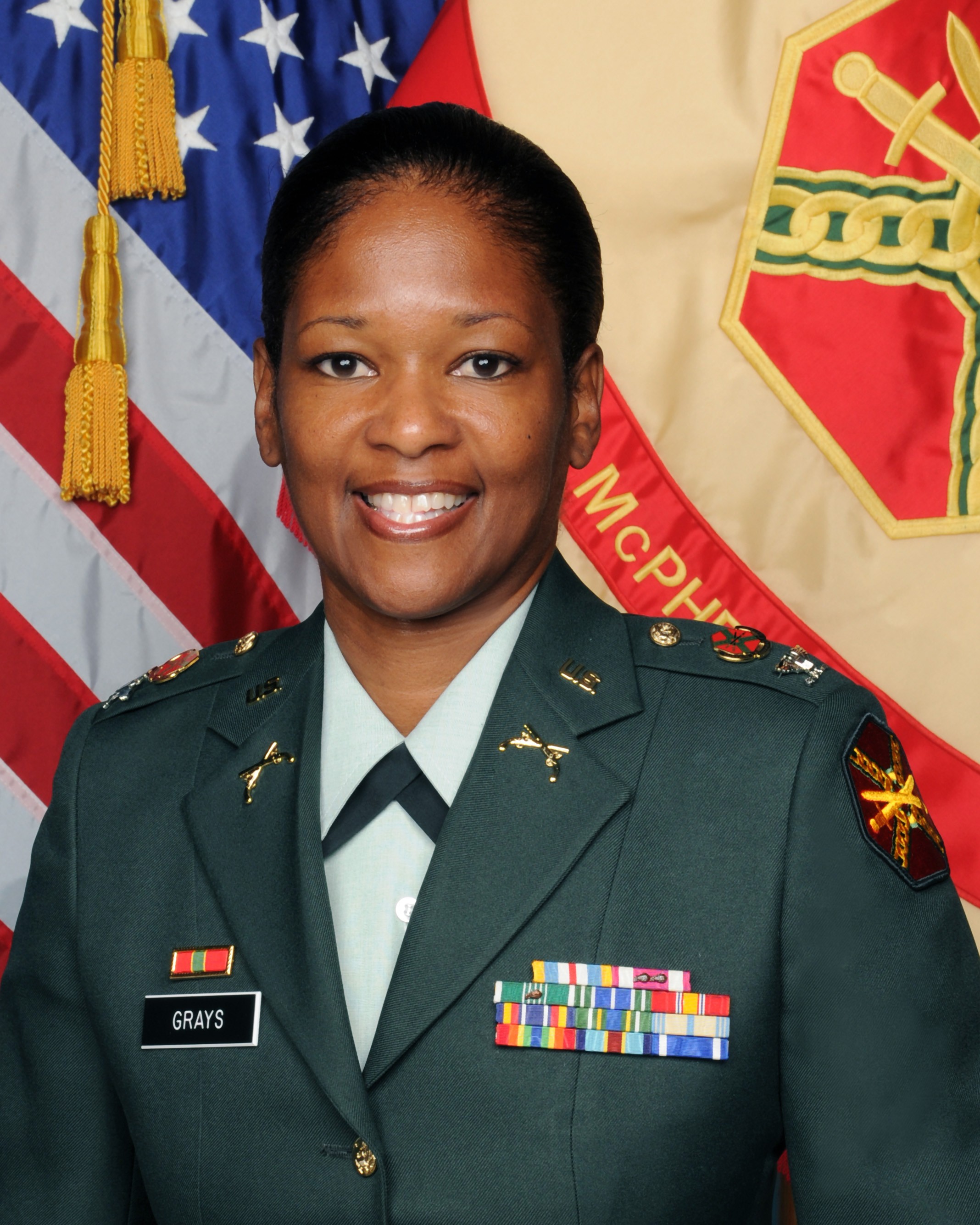Sadly, in 2008, suicidal behavior among Soldiers was at an all-time high - 142 Soldiers (including 13 still pending final determination) took their own lives.
Suicides are occurring across every segment of the force - active, guard and reserve; officers and enlisted; deployed, non-deployed and those who have not yet been deployed.
A quick look at some of Tuesday's headlines from The Atlanta Journal-Constitution provides some insight into the stressful world in which we all reside: "Survival plan due today for Chrysler, GM;" "Pakistan strikes deal with militant;" "New tactics urged in Afghanistan;" "Israeli plan creates new Mideast friction;" "Global pact urged to cut mercury;" "Pleas fail to halt missile test work;" "Meningitis kills soldier at base;" "Girl, 16, found dead in Army barracks;" "Banking woes hit Charlotte especially hard;" "Pension insurer's deficit likely to grow;" "Oil prices edge up higher;" "Husband "person of interest" in death."
Contrary to what you might glean from reading the newspaper or watching network news broadcasts, ignorance is not bliss.
Take the stress of the world in which we all live and add to that the stress of Army Soldiers, their Families, and yes, even the DA Civilian employees supporting those Soldiers, and you can see how the threat of suicide could rise exponentially. But it shouldn't have to.
Taking care of our own is part of our culture and ethos. Our Soldiers live the Warrior Ethos and will never leave a fallen comrade.
As mentioned in recent columns, that ethos must also extend to not leaving a despondent comrade alone and to willingly reaching out to a chaplain, mental health advisor, fellow Soldier, Family member or office worker for help instead of suffering in silence.
Suicide prevention is critical in the Army. It's about Soldiers taking care of Soldiers - in the Army, we always take care of our battle buddies.
Everyone in the Army Family needs to be involved in suicide prevention. We are - I am - committed to decreasing any stigma associated with seeking help, to improving access to care and to incorporating suicide prevention training into all training programs.
The loss of an American Soldier's life is a tragedy regardless of the reason. Our goal is to provide men and women wearing the Army uniform and their Families the best available support to help them overcome the stresses that society in general, as well as military service, entails.
Soldiers and Family members in need have ready access to existing and new services. All you need to do is ask your chain of command, chaplain, leader, buddy, or person trained in Applied Suicide Intervention Skills Training (ASIST) and Ask, Care, Escort (ACE).
A wealth of information and resources is also available at the Army G-1 Suicide Prevention Web site found at www.armyg1.army.mil/hr/suicide /default.asp.
All facets of Army leadership are committed to reversing this disturbing trend of increasing suicidal behavior and have launched a three-phase, aggressive plan designed to increase awareness of suicide risk factors and warning signs and to encourage intervention for at risk Soldiers.
To demonstrate its commitment to reduce suicidal behavior, the Army is conducting a stand-down through March 15, followed by a chain teach effort from March 15 until July 15 and then ongoing annual training, services and support to address this important issue at national, regional and local levels.
According to the National Suicide Prevention Alliance, "when given a chance, life usually prevails." Let's give our Soldiers, Families, and DA Civilian employees this second chance at life.


Social Sharing